Excerpt:
The state of North Dakota has the lowest unemployment rate in the nation at 4.1% and is one of only two states expected to meet their budgets in 2010. It also has the nation’s only state-owned bank. Several economists and officials from state governments across the nation are beginning to think that there is a correlation.
North Dakota is a sparsely populated state of less than 700,000 people, largely located in cold and isolated farming communities. Yet, since 2000, the state’s GNP has grown 56 percent, personal income has grown 43 percent and wages have grown 34 percent. The state not only has no funding problems, but in 2009 it had a budget surplus of $1.3 billion, the largest it has ever had.
According to the AP, the bank had almost $4 billion in assets and a $2.67 billion loan portfolio at the end of last year, according to its most recent quarterly financial report. It made $58.1 million in profits in 2009, setting a record for the sixth straight year. During the last decade, the bank funneled almost $300 million in profits to North Dakota’s treasury.
According to attorney, economist and author Ellen Hodgson Brown writing for truthout.org, North Dakota’s recipe for success may be that “it has its own credit machine. North Dakota is the only state in the Union to own its own bank.” Brown’s latest of 11 books, “Web of Debt,” is an analysis of the Federal Reserve and “the money trust.” She shows how this private cartel has usurped the power to create money from the people themselves, and how we the people can get it back.
All chartered banks have the ability to create credit on their books simply with accounting entries, using the magic of “fractional reserve” lending. According to Brown, however, state-owned banks have distinct advantages over their privately-owned competitors, both for the state and consumers, and for the bank:
…Private banks are limited by bank capital requirements and by their for-profit business models. And that is where a state-owned bank has enormous advantages: States own huge amounts of capital, and they can think farther ahead that their quarterly profit statements, allowing them to take long-term risks. Their asset bases are not marred by oversized salaries and bonuses; they have no shareholders expecting a sizable cut, and they have not marred their books with bad derivatives bets, unmarketable collateralized debt obligations and mark-to-market accounting problems.
Furthermore, because the BND is set up as a dba, that is the state of North Dakota doing business as the BND, that makes the capital of the state the capital of the bank. By law, the state and all its agencies must deposit their funds in the bank, which pays a competitive interest rate to the state treasurer. The bank also accepts deposits from other entities. These copious deposits can then be plowed back into the state in the form of low-interest loans to farmers, students and small businesses. The bank pays no federal or state taxes, but instead pays a dividend to the state in that all profits are returned to the treasury, thereby offsetting taxes.
Read more here: http://www.examiner.com/examiner/x-38220-Orlando-Independent-Examiner~y2010m3d31-Are-stateowned-banks-an-answer-to-economic-woes

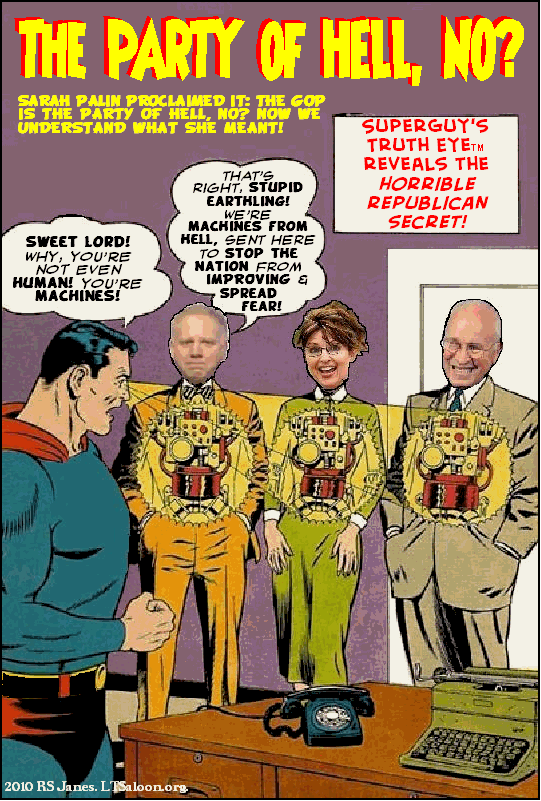
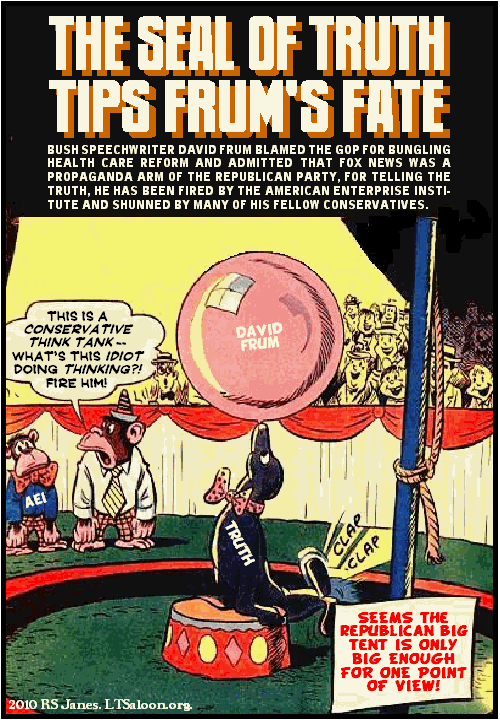

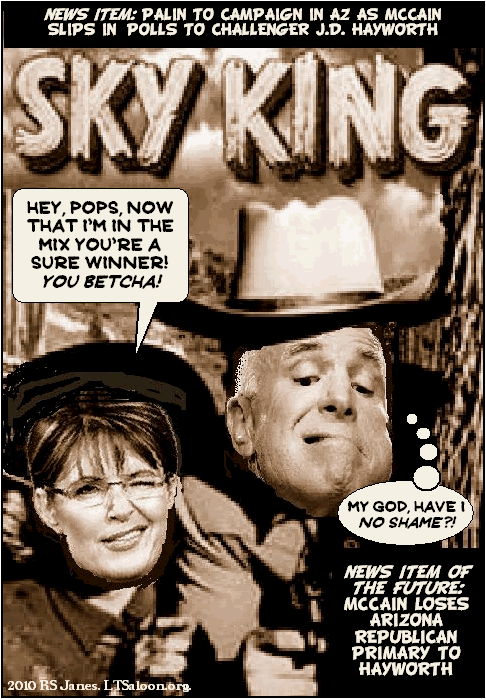

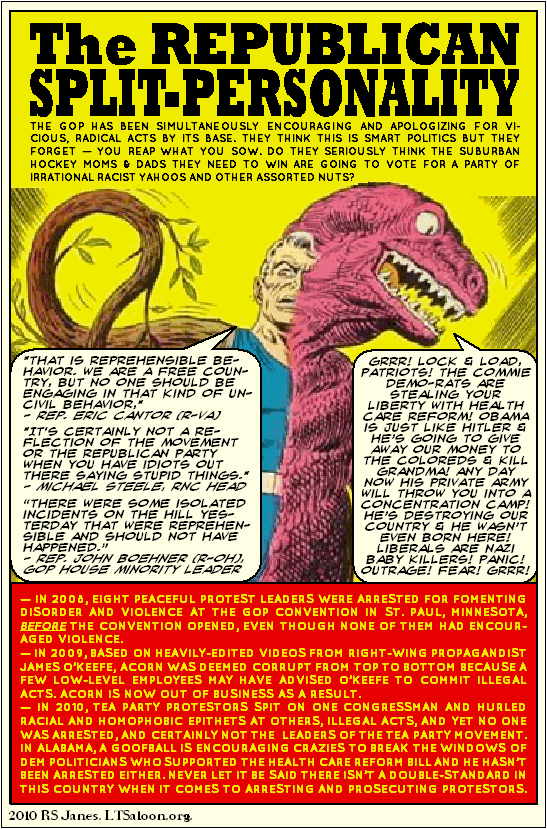
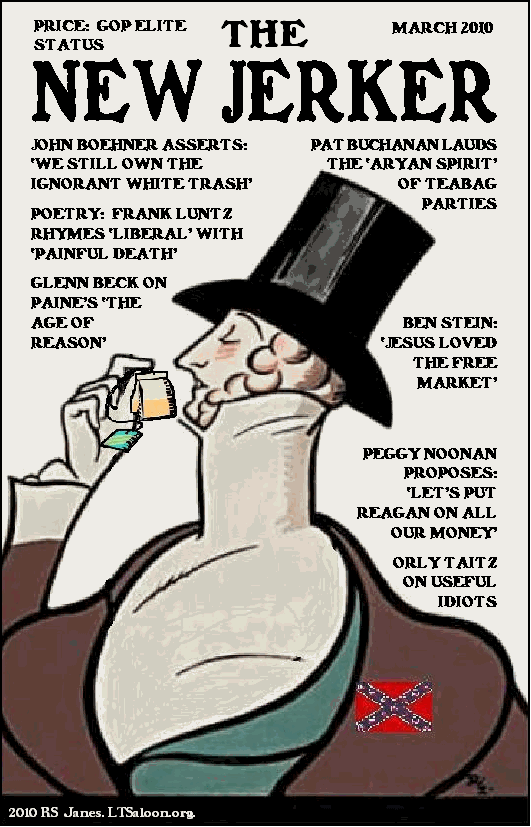
Onward Christian Nutbags